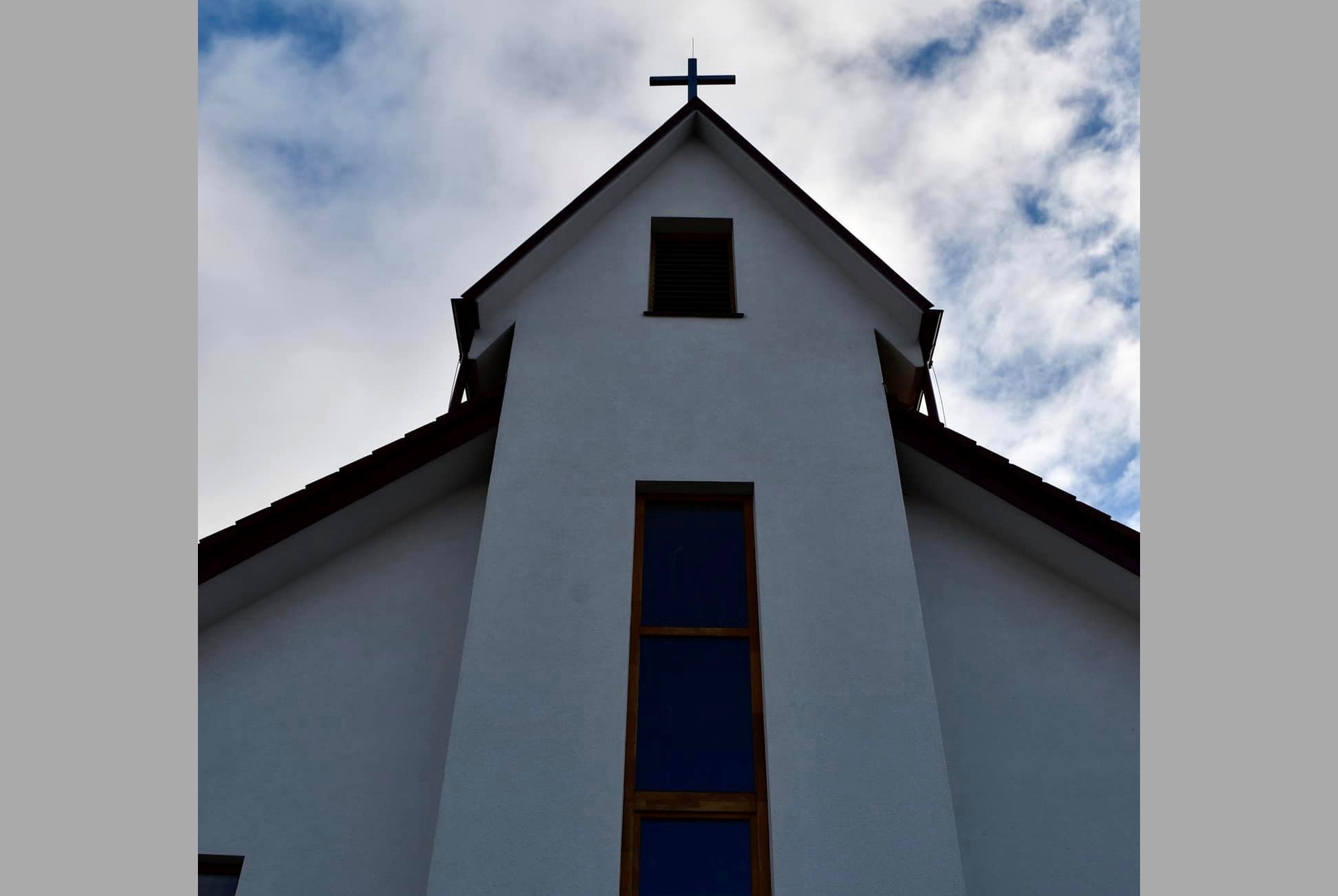
The State Secretariat for National Policy provided HUF 52.8 million (EUR 139,000) for the construction of the church.Continue reading
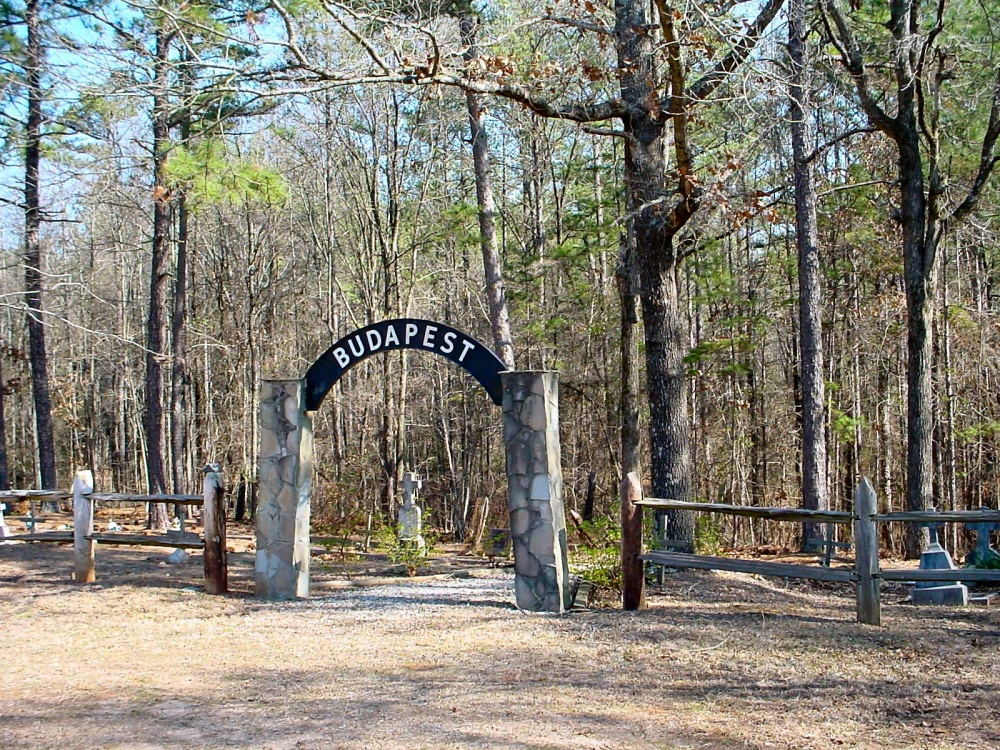
The Hungarian Community Church of Georgia has organized the restoration of a graveyard in memory of a Hungarian wine-making community that lived in the 1880s, near the Alabama border in the western part of the U.S. state of Georgia, Magyar Nemzet reports.
Péter Szilágyi, Deputy State Secretary for National Policy at the Prime Minister’s Office, stressed at the dedication ceremony on Saturday that cemeteries do not only mark the end of the road, but in a church organization they are complemented by the hope of faith in the resurrection and link the past with the future. He said that it was a remarkable thing that the church community had taken on the task of restoring the graveyard of the former Hungarian wine-growing village of Budapest.
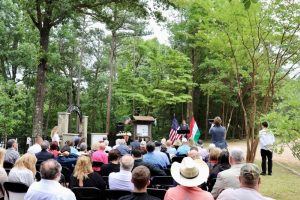
Photo: Facebook/Nemzetpolitikai Államtitkárság
As he said, the fate of the cemetery was only sad as long as this treasure stood unattended in Georgia, because it was a testimony that “there were those who abandoned, neglected the stories and treasures entrusted to them.”
The cemetery, which reopened to visitors on Saturday, commemorates three former Hungarian settlements – Budapest, Tokaj, and Nyitra.
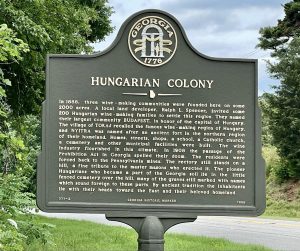
Photo: Facebook/Nemzetpolitikai Államtitkárság
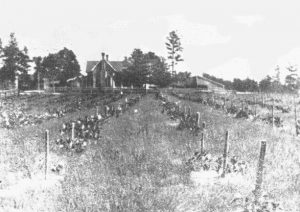
Photo: Facebook/Budapest, Georgia
Wine production, which had flourished in Georgia for decades, was halted by the Prohibition Act in 1908, after which activity began to decline and the settlements were slowly depopulated.
The Budapest Cemetery site was transferred to the ownership of the Hungarian Community Church of Georgia in 2022, after which the restoration of the gravestones and the re-measuring of some of the gravesites began with the help of Attila Gyucha, a Hungarian archaeologist at the University of Georgia.

The graveyard after the restoration. Photo: Facebook/Nemzetpolitikai Államtitkárság
The work involved placing headstones at each gravesite, building a road, and filling in rain-washed areas of the cemetery. In addition to the State Secretariat for National Policy, the Bethlen Gábor Fund, businesses, and private individuals also contributed to the renovation.
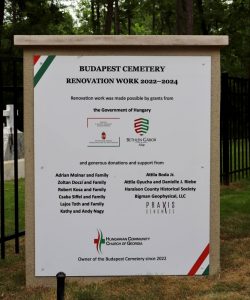
Photo: Facebook/Nemzetpolitikai Államtitkárság
Via Magyar Nemzet, Kulhonimagyarok.hu; Featured image: Facebook/Budapest, Georgia